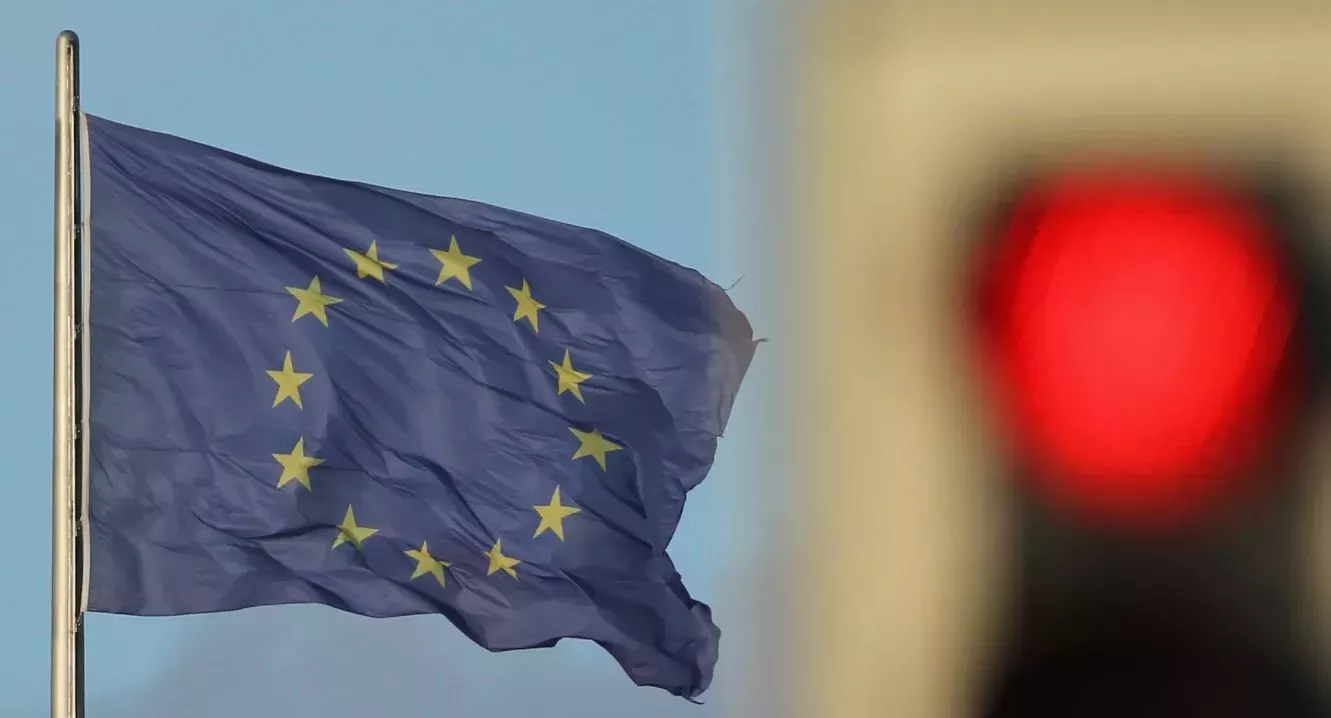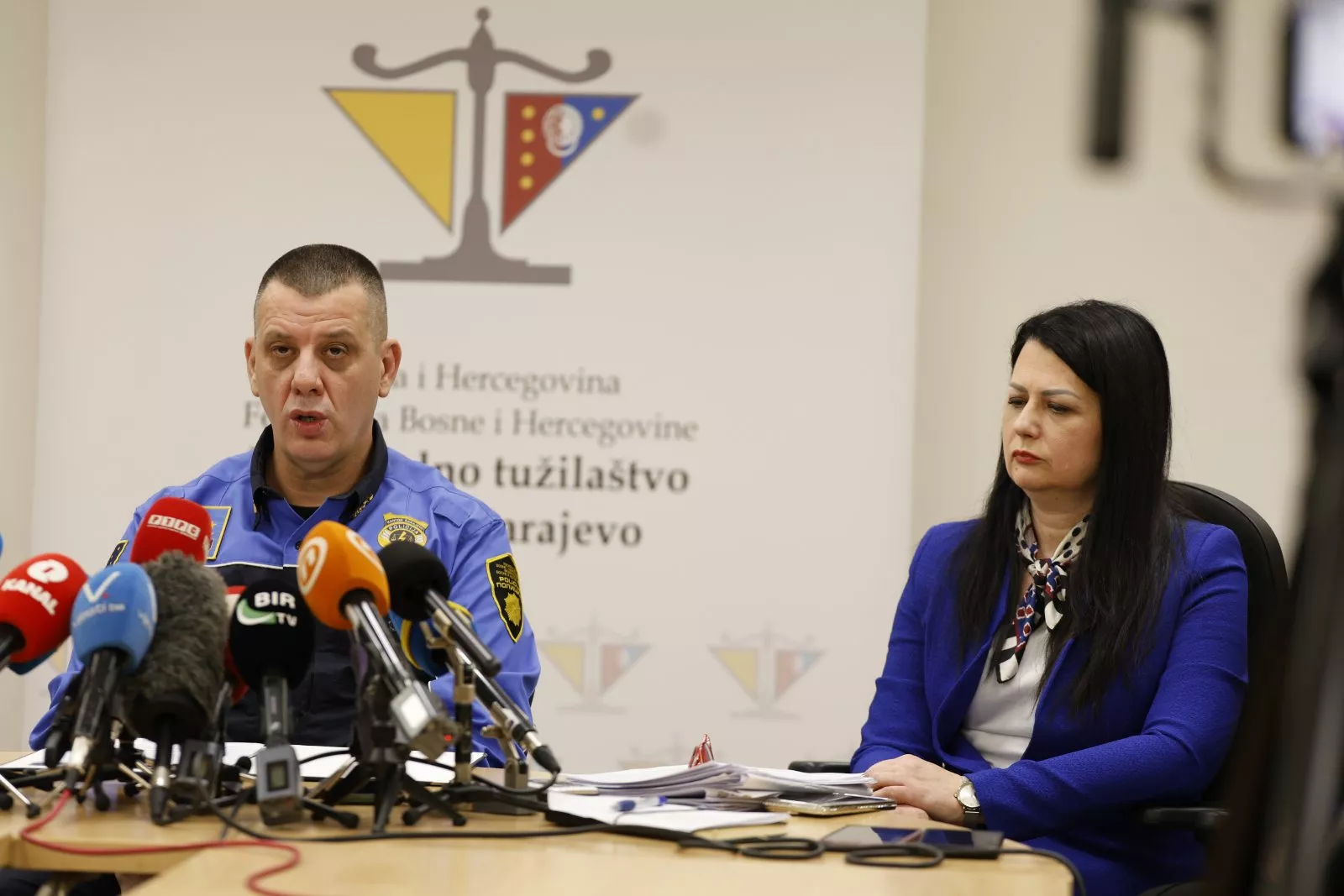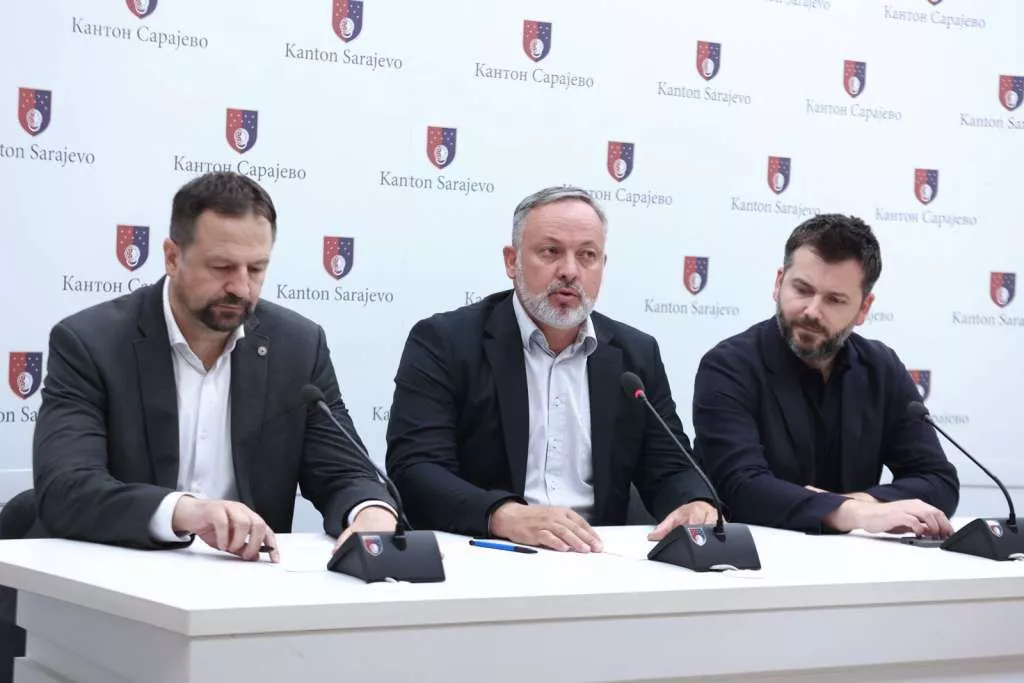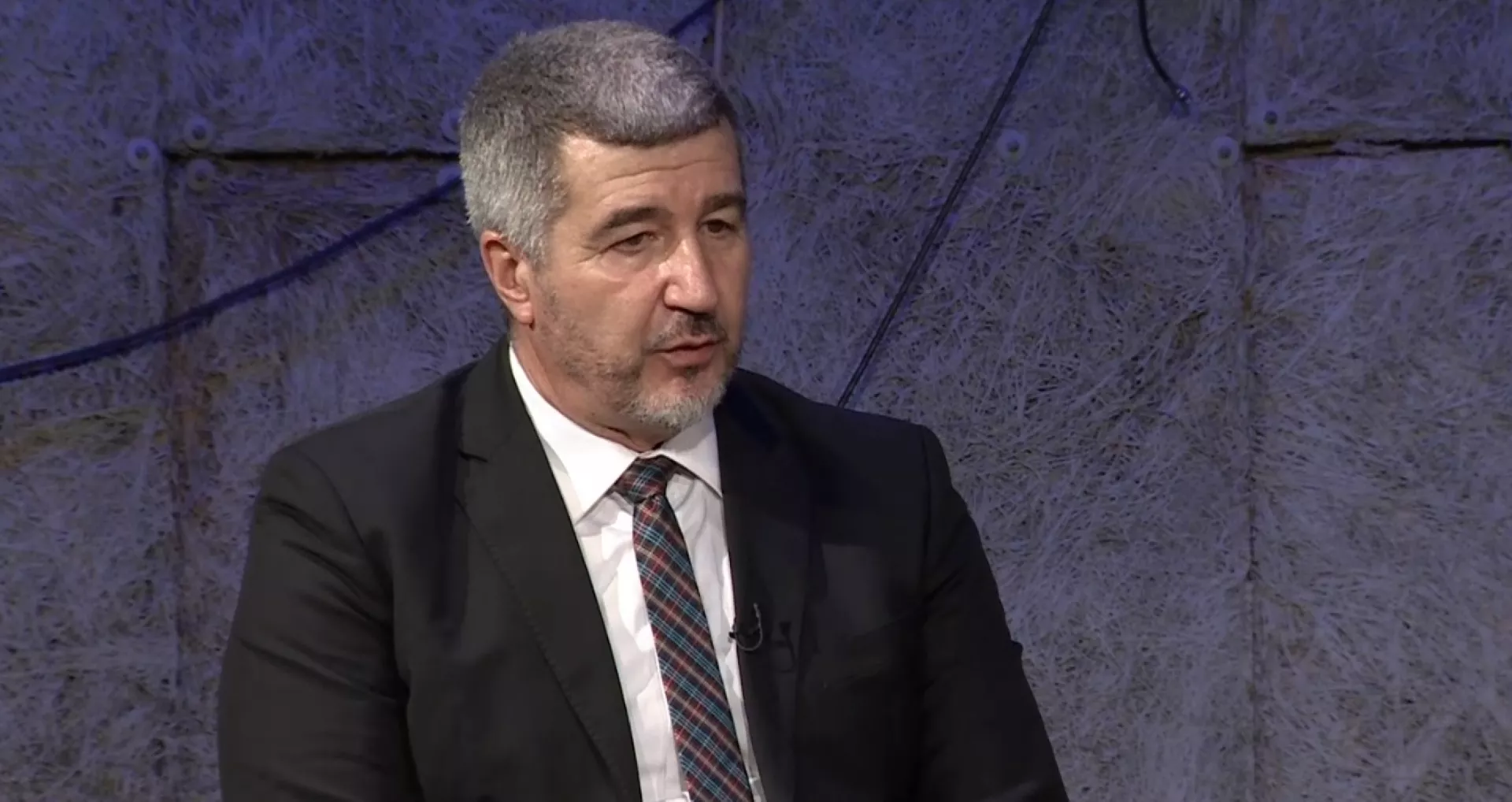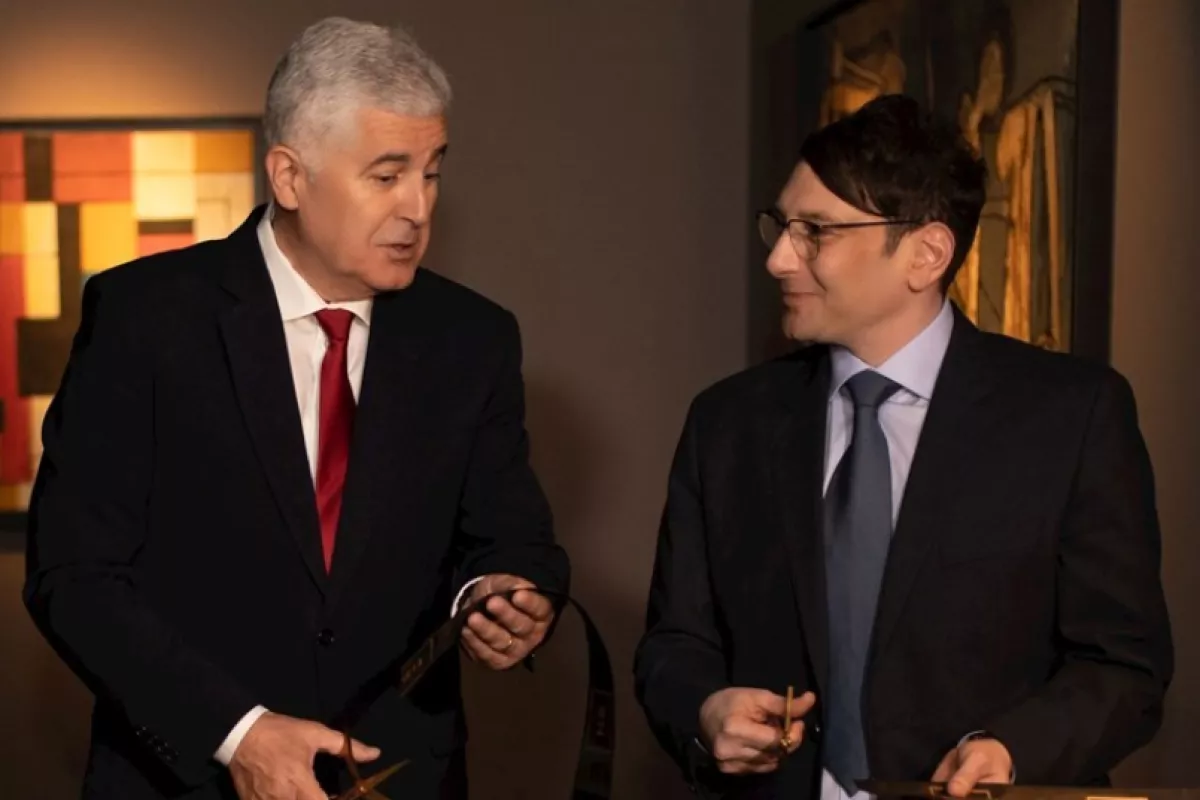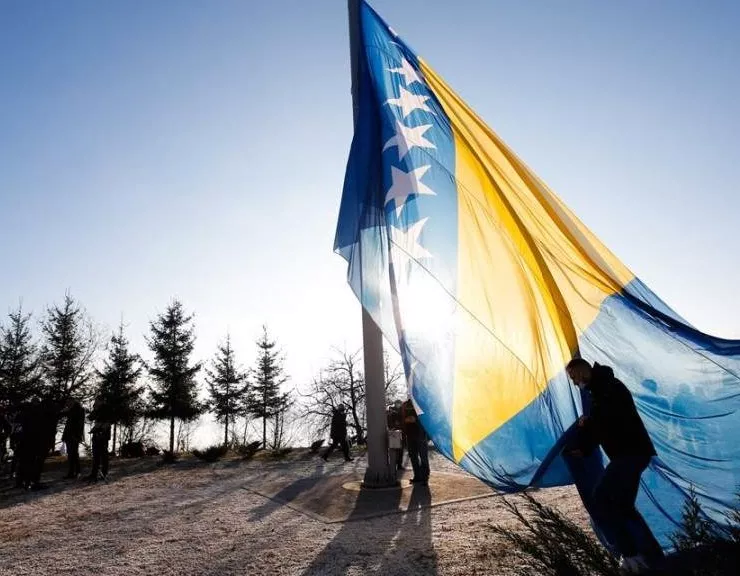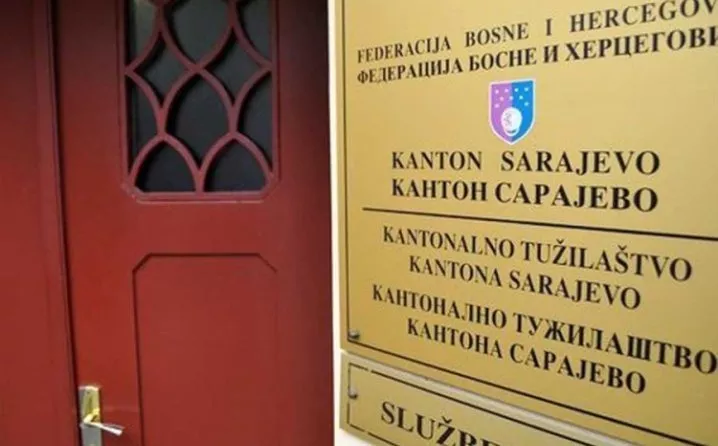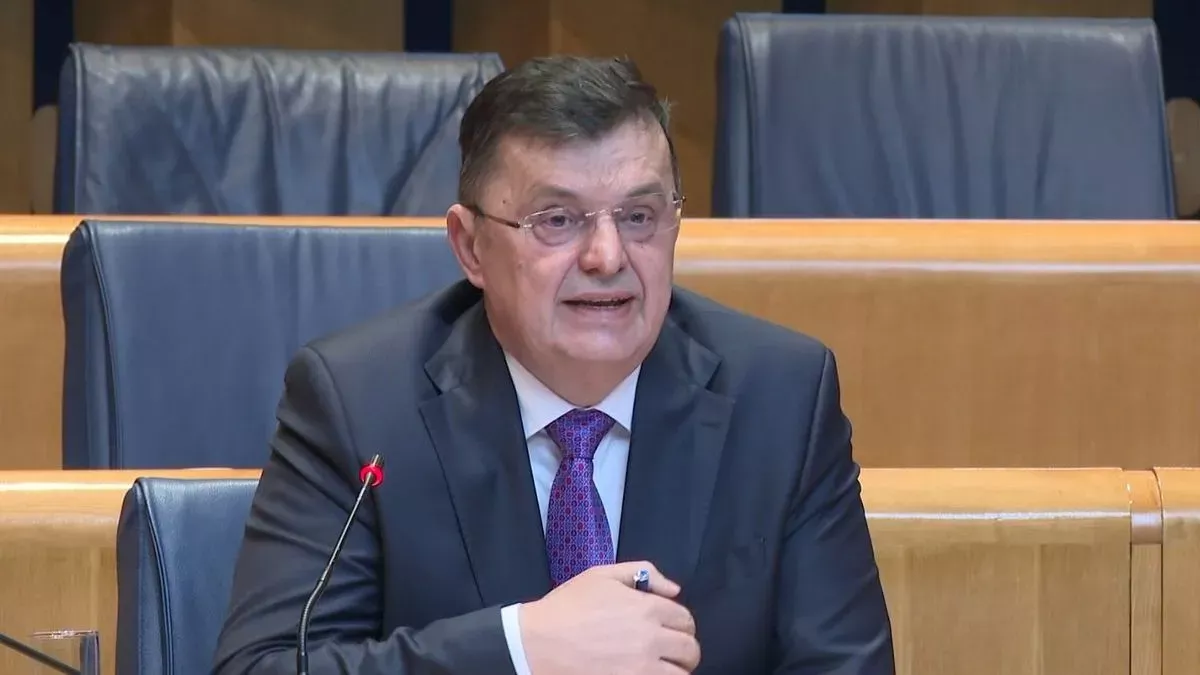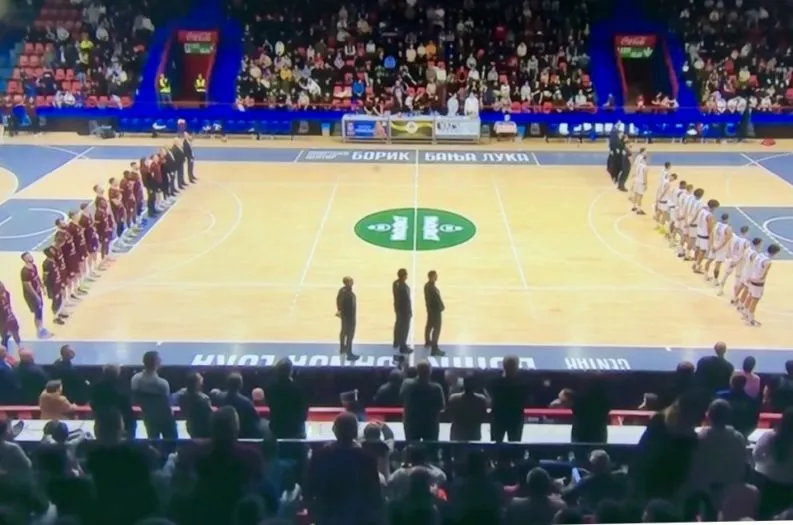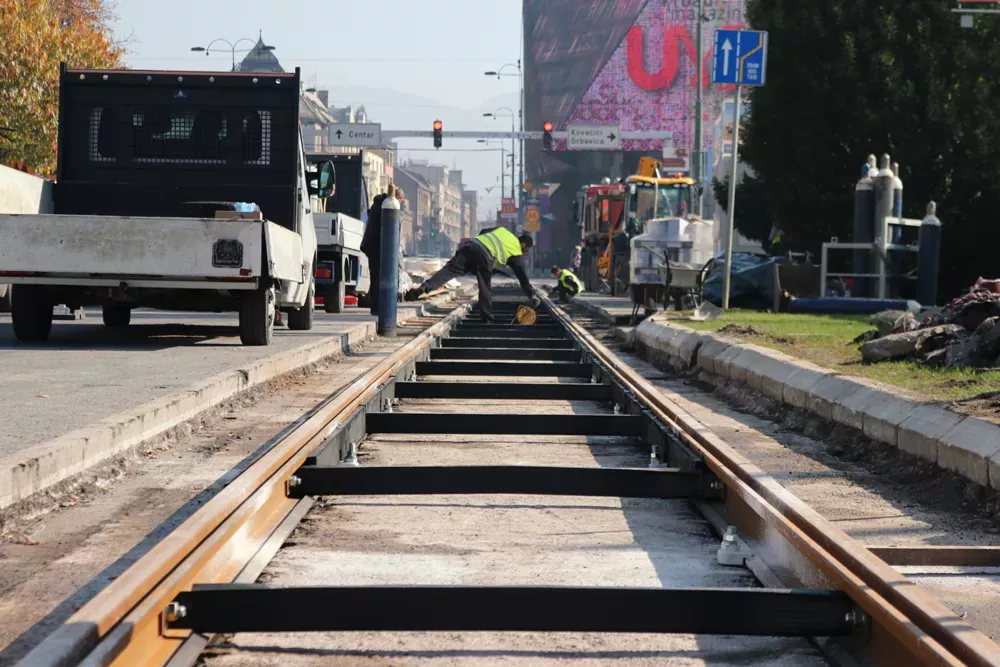
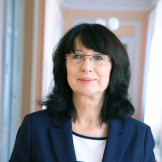
.jpg.webp)
Citizens of BiH have kept Ivo Josipovic, the former President of Croatia in good memory – as a moderate, tolerant chief of a neighboring country. After his departure from SDP Croatia, Josipovic founded his own party 'Naprijed Hrvatska'.
We spoke with Mr. Josipovic about his political career, situation in the region, rehabilitation of Draza Mihailovic and Slobodan Milosevic in Serbia. He also gave his recommendations as to improvement of relationship between BiH and Croatia.
PATRIA: You are a peacemaker who has never agreed to attract votes on the basis of tensions and simulated ethnic conflicts. We in BiH know that method very well; so it is a widely shared opinion that was the only reason for you to lose the elections. What do you think about that now?
JOSIPOVIC: Unfortunately, many politicians build their careers and success on instigating conflicts, extreme nationalism and inducing all kinds of hate and intolerance. Perhaps some groups of the voters didn't like me for being different. There were also some weaknesses in my campaign, but also serious obstructions by those who I expected to support me. Those elections are now the past and I wish to continue contributing to the peace and cooperation between the states, as well as the harmony in Croatian society – obviously in some different way than at the time when I was the president.
PATRIA: Why did you leave SDP? Was that because you were president of all citizens of Croatia in two terms? Was that the reason for your further independent political move?
JOSIPOVIC: I had to leave SDP by the force of Constitution when I was elected President. Following the end of the term, I decided not to return to SDP for two reasons. Firstly, because SDP is not at all keen on what is essential for Croatia: serious institutional reforms. Poor results of the government headed by SDP indicate that the term passed without genuine results. Secondly, and presently more visible than ever before, the leadership of SDP no longer represents political values that used to tie me to that party. The statements of president Milanovic these days remind more of escapades of some right-wing politician, than of one devoted to social democracy, peace and cooperation among the states. I will be happy if, what we heard from Milanovic, proves to be merely a bad pre-election campaign, not the real system of values. I have chosen a tough road, perhaps the one which does not lead to political success but to a clear conscience.
PATRIA: It was shocking that you lost the presidential elections for the second term with the difference of only 32,500 votes, and that some 10 months later, your party Naprijed Hrvatska saw rather poor results. Is it possible to explain this electoral paradox?
JOSIPOVIC: It is quite clear – in both elections, particularly in the first, but also in the one that I lost, I got significantly more votes than SDP with their partners ever before. However, the voting body of the parliamentary elections think differently than that of the presidential elections.
It gets attached to the established parties, often continuing and quite irrationally to vote for the party that 'it has always voted for'. The voters have hard time placing us as individuals in the roles they are not used to. Besides, within some of the political options, the votes are grouped towards the strongest party so that the votes do not fall through. I call that 'social inertia'. Unfortunately, that phenomenon enables so-called big parties to remain the voters' choice, regardless of how many time they brought them disappointment. Additionally, it is hard for small and new parties to gain media attention, funding and other infrastructure required for a successful presentation at the elections. As a quite new party, together with our partners, we had 3 times less funding at the last elections than some big parties in just one electoral unit. However, in politics, one has to persevere and fight for the value in which you believe, even in the absence of quick success.
PATRIA: How do you evaluate present situation in the region? Diplomatic visits of Joe Biden to Serbia and Kosovo, then the one of Swedish Prime Minister Stefan Leven to Serbia, it all seem surprising to us in BiH in the context of inflammatory and war-calling statements that come from Serbia. What is your opinion?
JOSIPOVIC: Unfortunately, there are many politicians who like to spread hatred and create conflicts. Every once in a while, there come some new unacceptable statements from Serbia. With regard to BiH, the situation in the country primarily depends on you in BiH. If you lead the politics which calms the tensions, if you prove resistant to the attempts to influence the political theater from the outside, if you keep European vision and the capacity to implement it, if you succeed in finding the right balance of the individual and collective rights of the citizens and the peoples, you do not have to worry. Your destiny is yet in your hands.
PATRIA: There is Mr Aleksandra Vucic who incessantly talks about war threat. If an ordinary man turns around, he can't hear a shot, he can't see politically motivated murders, there's no recognizable war threat. It is obvious that such war threats come directly from the political circles at the top, which is confusing. Do you believe another conflict in the region is likely to take place?
JOSIPOVIC: Building peace is hard thing to do. Conflicts of all kinds, even wars, are easy to spark. Perhaps it is difficult now to imagine another war against everybody, as it was back in the 90-ies. However, various forms of political, economic and other pressures and disputes, terrorist or other attacks, are not excluded. Nevertheless, I still hope that people had enough of hatred and loss, and that politicians will feel the same.
PATRIA: As far as know, you were one of the rare politicians who directly reacted to the media headlines and threating statements of Serbian politicians about beatification of cardinal Steinbach. Republic of Serbia has officially rehabilitated war criminal Draza Mihailovic, yet it has a problem with Stepinac. Now the official rehabilitation for Slobodan Milosevic is on the agenda. War criminals are still being tried in Den Haag. Unfortunately, we don't see serious reactions to the cases of rehabilitation of fascism by the international community.
JOSIPOVIC: The absence of equal criteria for themselves and for the others is the key weakness of many politicians. Indeed, it is distasteful to say the least, that those who rehabilitated Draza Mihailovic and will do the same with Milosevic or Nedic – condemn rehabilitation of cardinal Stepinac. Mihailovic is convicted criminal, legally and historically. You don't have to like the deed of cardinal Stepinac, but surely he is not a criminal and, after all, he was not convicted for war crime. Neochetnik movement in Serbia has gone further than neoustasha movement in Croatia. Both phenomena are quite foreign to me and I consider them equally destructive. I am not pleased to see criminals and terrorist getting rehabilitated, and that monuments are built in their honor in any country. More so in our region as it conveys an additional negative message and creates new tensions. To be honest, I am sorry to see that happening in Croatia too. Streets and monuments for Budak, monument for Baresic, chanting Jure and Boban – are the best examples.
CHETNIKS AND USTASHAS SERVED UNDER HITLER AND MUSSOLINI
PATRIA: Speaking of double standards, the world reacts strongly when Croatia takes a wrong antifascist step, and when Serbia does the same, reactions seem to be – mild. Why is that so?
JOSIPOVIC: I always advocate for equal criteria. Both chetniks and ustashas served under Hitler and Mussolini, therefore, it is clear that they were on the wrong side. In the war, they fought together against partisans, they almost did not fight between themselves, and they withdrew together via Bleiburg. Yet, that is history. At present, it is completely unimportant whose grandfather or father was ustasha, chetnik or partisan. What is important is that we correctly value the history and to accept that antifascism, the fight of partisans was the right way, and that helping Hitler was not. Having said that, every attempt at affirmation of Chetnik or Ustasha movements should be publicly condemned. It is quite unbelievable that a significant part of the nation that was on the winners’ side in the World War 2, wants to side with the defeated, those who were condemned and judged as 'wrong choice' by the entire democratic world.
THE FIGHT FOR HISTORICAL TRUTH
PATRIA: Anyone in their right mind is confused by the fact that Croatia is the country of enormous antifascist tradition and that many fail to acknowledge that. At one point, more than half of Tito's partisans were Croats. Croat antifascists sustained enormous losses in Neretva and Drvar battles. 787 partisans from Sibenik and 688 partisans from Split lost their lives in the Sutjeska battle, while only 67 partisans from Belgrade participated in the fighting. Then there is also Makarska where the first antifascist fleet was founded. So why is it that today we only speak about fascists in Croatia instead of such a magnificent antifascist campaign?
JOSIPOVIC: I think that the strong, well-funded and organized campaign of revision of the history, back up by the right-wing of our political scene and the loud part of the Catholic church, has imposed the thesis that the ustasha were good Croats, while the partisans were the traitors of the croatship. In one of my speeches in Brezovica, on the Day of Antifascist movement, I said that sons and grandsons of partisans are the main culprits for negligence of antifascist tradition. They do not fight for the historical truth with such perseverance and passion as the ustasha followers fight for the historical revisionism. Here, we had SDP in power, and yet there was no genuine, organized and adequately funded action to preserve antifascist tradition and historical truth.
PATRIA: You are tireless advocate of good relationship between Croatia and BiH. What has to be done to improve the relationship?
JOSIPOVIC: We should trade more, exchange cultural projects, travel, and get to know each other, to the benefit of both sides... If people get to know each other and socialize, respect each other - that must influence political relations. At the political level, correctness without interference is of particular importance. Having said that, it is understandable that internal relations in BiH, satisfaction or dissatisfaction of Croats with their position, as well as position of Bosniaks and Serbs originally from BiH in Croatia – all count and can influence the situation. It is clear, though – there mustn't be any interference in internal relations of another state. Also, there are some unresolved issues following the fall of former Yugoslavia – the borders, property and other relations. The governments should at last start to close those chapters, as the fact that there are not 'hot' today, does not mean they will not be so tomorrow.
